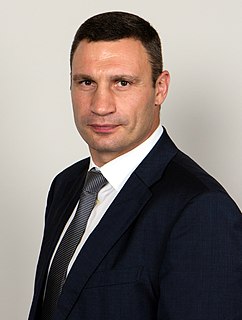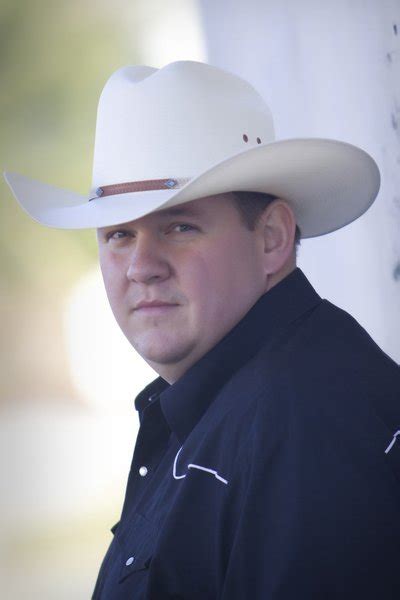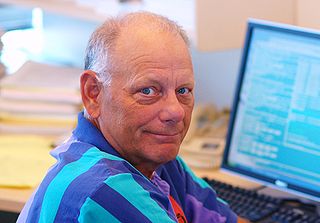A Quote by Whitfield Diffie
If you depend on a secret for your security, what do you do when the secret is discovered? If it is easy to change, like a cryptographic key, you do so. If it's hard to change, like a cryptographic system or an operating system, you're stuck. You will be vulnerable until you invest the time and money to design another system.
Related Quotes
Capitalism does not permit an even flow of economic resources. With this system, a small privileged few are rich beyond conscience, and almost all others are doomed to be poor at some level. That's the way the system works. And since we know that the system will not change the rules, we are going to have to change the system.
Humans are incapable of securely storing high-quality cryptographic keys, and they have unacceptable speed and accuracy when performing cryptographic operations. (They are also large, expensive to maintain, difficult to manage, and they pollute the environment. It is astonishing that these devices continue to be manufactured and deployed. But they are sufficiently pervasive that we must design our protocols around their limitations.)
We must not forget either that some of the system's resilience is due to its ability to coopt people with money and prestige. It is easy to get sucked right in. Those who grasp the system are also likely to be talented and capable of doing well within the system. Who will turn down a lot of money? Who doesn't have an ego? A compromise here, another one there, and pretty soon, you are sucked right in.
In the summer of 1988, I received an interesting call from Bill Gates at Microsoft. He asked whether I'd like to come over and talk about building a new operating system at Microsoft for personal computers. What Bill had to offer was the opportunity to build another operating system, one that was portable.
My first operating system project was to build a real-time system called RSX-11M that ran on Digital's PDP-11 16-bit series of minicomputers. ... a multitasking operating system that would run in 32 KB of memory with a hierarchical file system, application swapping, real-time scheduling, and a set of development utilities. The operating system and utilities were to run on the entire line of PDP-11 platforms, from the very small systems up through the PDP-11/70 which had memory-mapping hardware and supported up to 4 MB of memory.
There is no one "root of all evil" in software development. Design is hard in many ways. People tend to underestimate the intellectual and practical difficulties involved in building a significant system involving software. It is not and will not be reduced to a simple mechanical "assembly line" process. Creativity, engineering principles, and evolutionary change are needed to create a satisfactory large system.
Every system tries to get people to conform to support that system. That goes for communism, socialism, free enterprise, or any other civilization. If they don't demand loyalty, they can't keep their civilization together. So what they do is they teach things that would support an established system. We do not advocate an established system. TVP talks of an emergent system into state of change. So that we always prepare people for the next changes coming ahead. So that people will not cling to the past.




































